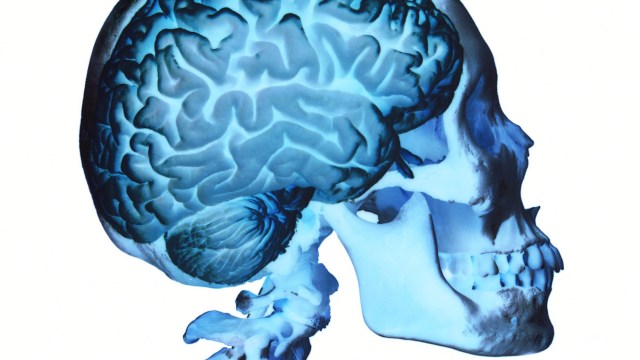Newt Gingrich exemplifies just how unscientific America is

Using incomplete facts to spin a false narrative and mislead the public is the modus operandi of a political liar.
“I’m not a natural leader. I’m too intellectual; I’m too abstract; I think too much.” –Newt Gingrich
Is violent crime down? It seems like a simple enough question: one that everyone could agree on if we had the facts. Presumably, all you’d have to do would be to gather the statistics on violent crime over time, and see whether they had gone down. If they had, then violent crime is down, and that should be the end of the story. You would assume that would be the only reasonable way to decide!

But in an appearance on CNN at the end of last month, Newt Gingrich told a different story, one that should make us all fear what’s become of the world where we can’t agree on a conclusion even given the same set of facts.
There are three different lines of thinking he explores, and they should all terrify you.
- The full suite of facts doesn’t say what you want it to say, so you pick out the few facts that support your non-factual position and talk about them.
- The average American doesn’t think that the facts says what they actually say, and that alone should be a basis for both voting and policymaking.
- And that what people feel about an issue is more important than what the actual facts behind the issue are.
In other words, he lies by omitting the full suite of facts and focuses on a few tidbits that mislead the public, the public is not only successfully misled into believing incorrect facts, but that a factually incorrect position is true, and that their feelings about that “truth” will be more important than the actual facts.
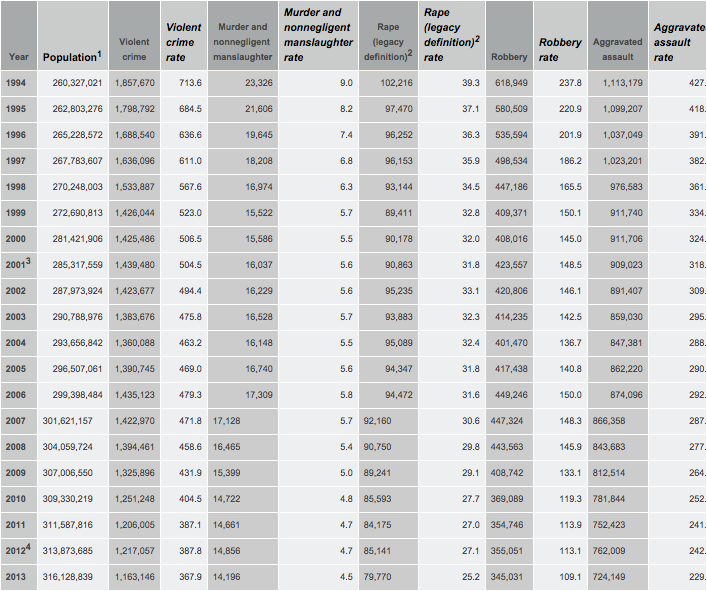
The reason this should terrify you is because almost everybody does it. Almost everyone doesn’t know the full suite of facts, and most people aren’t diligent about gathering them. Most people believe what their gut instinct and the sources they trust tell them, rather than getting an expert’s evaluation of all the data available. And most people go with their feelings and do not change them as soon as they’ve first made up their mind.
- If you think that homeopathy cures cancer, you’re going to point towards the cancer patients who took homeopathic treatments and recovered from their cancer. It won’t matter if they were also on chemotherapy, if their cancer was a type that’s normally curable, or if those outcomes are uncommon and non-reproducible.
- If you think there shouldn’t be fluoride in the water, you’re going to point towards reduced cavity rates as general dental health has improved even in non-fluoridated areas. It won’t matter if fluoridation improves tooth health more, if the improvements are seen across the board or if lower-income children are helped the most.
- If you think America is getting more dangerous, you’re going to point to the local areas that are getting more dangerous, or the few crimes-per-capita that have increased, or you’ll look at the total number of crimes instead of crimes vs. population. You won’t focus on the overall, aggregate statistics, on the simple fact that the number of violent crimes experienced per person is dropping consistently all across America.
- And if you think that the Earth isn’t warming due to human influences on the environment, you’re going to point to regions where the Earth is cooling and where glaciers are growing, to Antarctica’s sea ice extent, to time periods where Earth naturally warmed and cooled in the past, and to other bits of data that support that conclusion. But not only won’t you focus on the full suite of climate data and history, you might be mad that I even brought this example up along with the others.
In other words, once we make up our minds, it doesn’t matter what the additional facts are, not unless we’re actively scientifically curious about them.
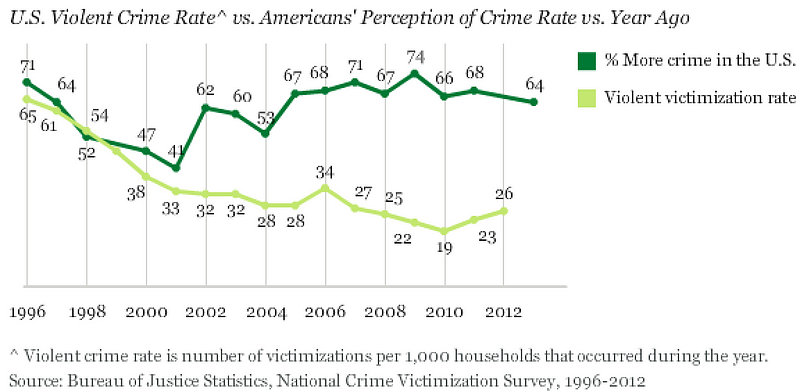
What Newt Gingrich is supporting, though, is a step that’s even worse than our failings as people. He’s supporting actively misleading people about the facts to appeal to their gut, their beliefs and their preconceptions, and to use those lies to gain power and enact policy. Immediately after citing his cherry-picked statistics that show small pockets of uptick in crime amidst an ocean of crime decreases, he says, ”The average American, I will bet you this morning, does not think that crime is down, does not think that we are safer,” and then follows that up with, “People feel more threatened. As a political candidate, I’ll go with what people feel,” rather than the actual facts.
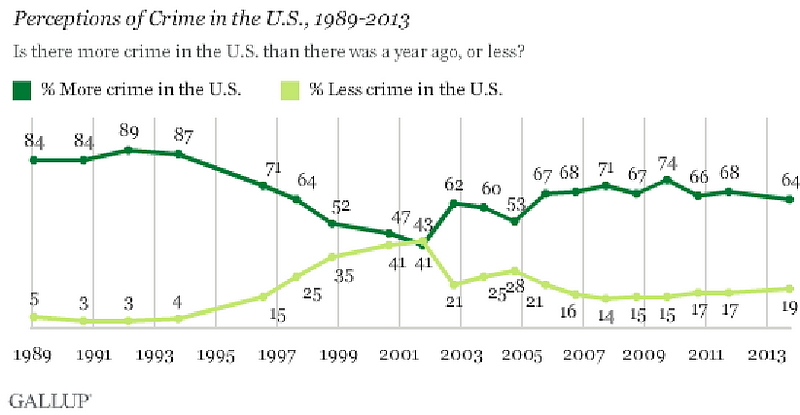
What should we do about this? Are we okay knowing that we have these biases, that power-seeking people are manipulating those biases and lying about factual issues? Without having the full suite of expert-level knowledge at our disposal, the training of an expert in a particular field or the analysis tools of an expert, can we put our own egos aside and listen to the conclusions of the scientific experts? Most of us are uncomfortable with relying on others — even experts — even when we ourselves don’t have expert knowledge, expert training or the expertise of the full suite of all relevant facts. Particle physicist Brian Cox recently discussed this, saying:
It’s entirely wrong, and it’s the road back to the cave. The way we got out of the caves and into modern civilisation is through the process of understanding and thinking. Those things were not done by gut instinct. Being an expert does not mean that you are someone with a vested interest in something; it means you spend your life studying something. You’re not necessarily right — but you’re more likely to be right than someone who’s not spent their life studying it.
The facts do not change because of how we interpret (or misinterpret) them. Homeopathy is scientifically, robustly 100% ineffective against cancer. Fluoridated water results in a blanket 40% reduction in cavities, on average, on top of any other dental health programs in children. Violent crime has continued to decrease in America, continuing a trend that has persisted for more than 20 years. (You can read Newt continue to dissemble here.) And human-caused changes to the environment are causing the Earth to warm, a long-term trend that is visible in the global temperature records for many decades now.
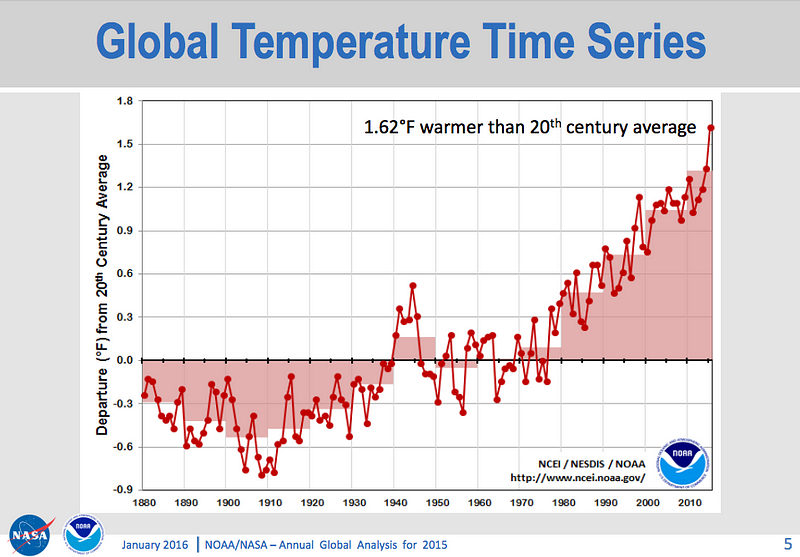
It’s up to us to choose the facts. Whether “you’re with her,” you want to “make America great again,” you support a third-party candidate or you’re going to sit this election out, facts remain facts, and it’s up to all of us to value what’s actually real. Don’t let anyone mislead you out of the truth.
This post first appeared at Forbes, and is brought to you ad-free by our Patreon supporters. Comment on our forum, & buy our first book: Beyond The Galaxy!





